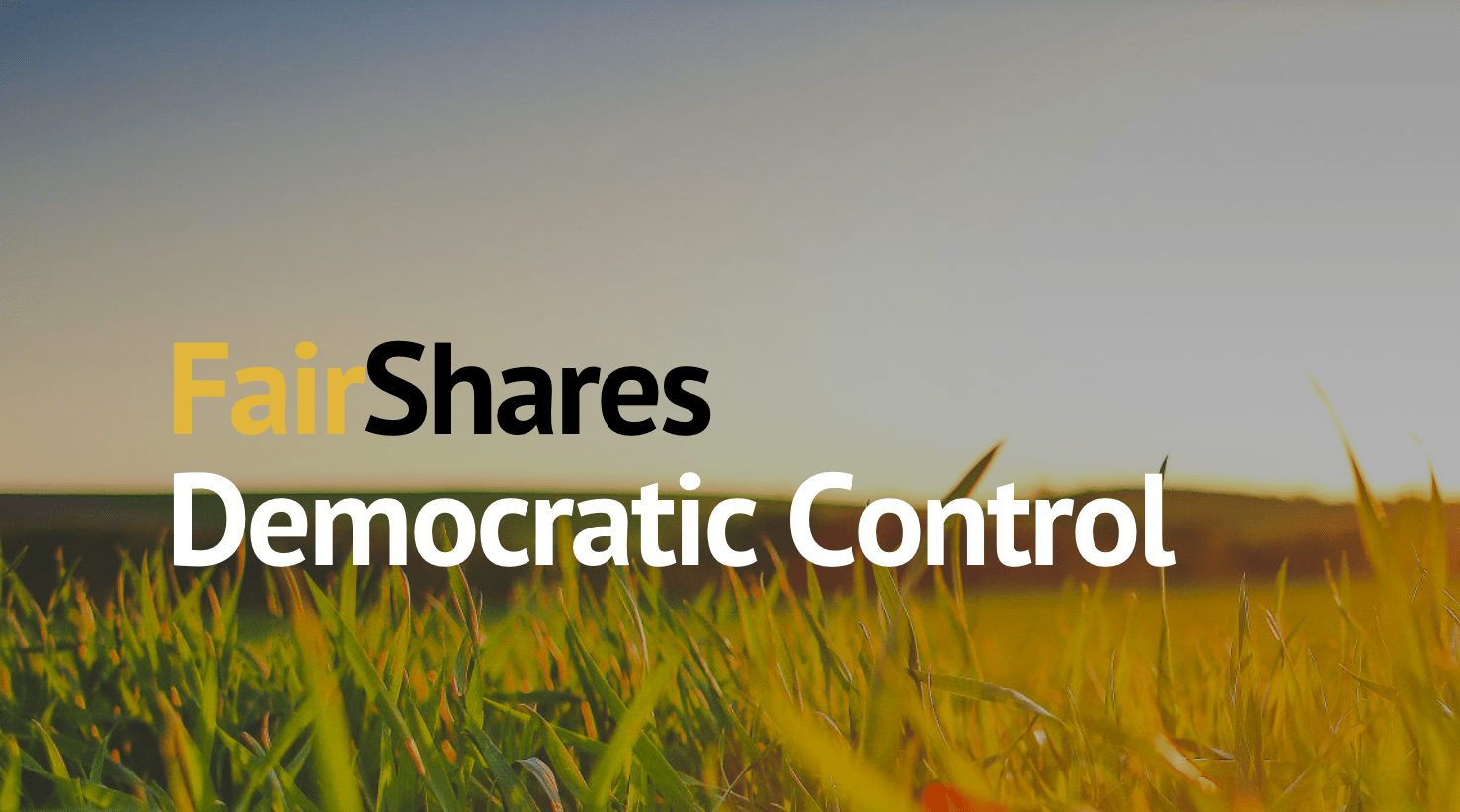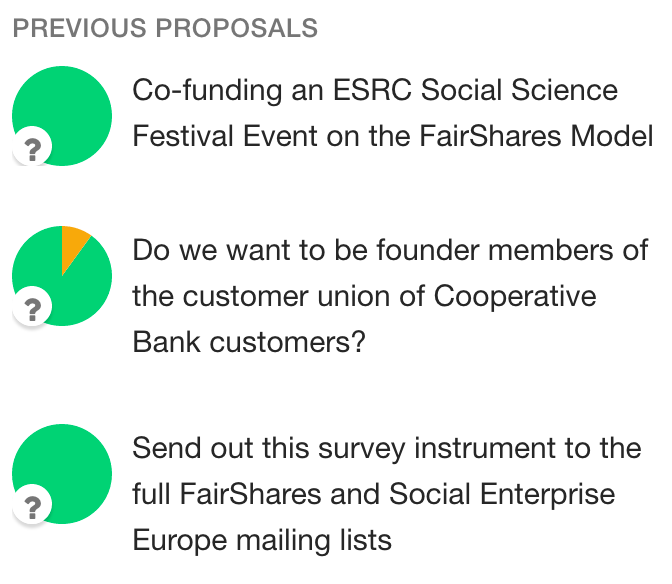
How the FairShares Association Makes Better Decisions with Inclusive, Democratic Processes
Rory Ridley-Duff is a reader in cooperatives and social enterprise at Sheffield Business School, director of Social Enterprise Europe, and founder of the FairShares Association. They use Loomio to model their governance structure online, for effective, equitable stakeholding.
FairShares Association is a loose network of educators, researchers, and consultants interested in multi-stakeholder co-ops. We've got people in France, Australia, New Zealand, and now in America as well.
There is no way of all meeting face to face, realistically. We use Loomio to keep our discussions alive.
The philosophy of FairShares is to grow more direct forms of democracy (over representative democracy). Because Loomio can have nested groups, you can have high levels of participation from people who are loosely connected, but you can also have people who are on governing bodies.
We like the combination of very open forums where you have have ‘one person one vote' and open debates, but a group of members could also be making a decision around a change to the constitution, for example.
I think you make better decisions when you have inclusive, democratic processes. Particularly when it's structured the way that Loomio structures it.
In the European project, we wanted to engage the research team with the wider network. That was a project on work integration in social enterprise, and there were five countries involved. The fact that you could translate text on Loomio was appealing, because people in different countries could write in their own language.

I believe in the integration of users and members of the community into an organisation that has substantial worker involvement or worker control. FairShares is a philosophy for doing that. It can act as a guide to the way you actually constitute your organisation, but I think, more powerfully, it's a set of principles.
You can have a store who recognises who the founders, users, producers, and supporters. That's the way that FairShares looks at the world; we organise around those four interest groups. We've set up our Loomio to model our governance, with different subgroups, and everybody in the general assembly.
What Loomio does, which email doesn't do, is give you an audit trail of your decisions. It enables you to function like you've got a general meeting on all the time. All of the members get proposals, and they get time to consider and vote on the issues.
Loomio enables people whose voices were normally not heard to exercise their voices more effectively. People who were usually very dominant weren't as dominant when it was being run through Loomio.
I'm quite hopeful for a technology-enabled sharing economy, where the organisations are cooperatively owned, rather than being owned by absentee investors. We will gradually work toward a genuinely participatory democracy at work. It's the marriage of technology and the thinking of FairShares that will create the ability for different constituent groups to really bargain with each other as equals.
Want to practice inclusive, democratic decision-making? Try Loomio!
Tags: Articles and Interviews Social enterprise Case studies Cooperatives Collectives Customer stories
